Revise advisory, extend lunch.
Inconsistency in Round Table period begs a more intentional solution
There were seven students in Carly Kehn’s advisory class on Monday, April 18, and that is more than usual. They were tasked with SEL-related arts and crafts. It came as no surprise to Kehn that they all just worked on their computers instead. Like many teachers, Kehn admits to skipping over slides that seem redundant. “I don’t ignore the lessons, I just skip over parts,” she said. “I try to go through it so students get the idea but we don’t do every single slide. It’s also hard to ‘think, pair share’ when there are only five people.”
Each A-day, I spend 23 minutes doing nothing.
And unfortunately, this is required.
McCallum’s addition of the Round Table advisory period to the 2021-2022 schedule has honorable intentions. Topics covered in advisory like mental health and empathy are cardinal in the high school experience, and academic support, of course, is something to be appreciated, not complained about.
The execution of this advisory time, however, is undeniably flawed, both by design and implementation. And although not a deep or detrimental issue, the silliness of advisory is something to be noted, and hopefully, something to be revised for the following school year.
The most glaring flaw of advisory is its inconsistency in practice.
Although not a deep or detrimental issue, the silliness of advisory is something to be noted, and hopefully, something to be revised for the following school year.
While some teachers faithfully follow the planned presentations, meticulously taking attendance and following the intended structure, others, simply put, don’t. I have heard of Round Table advisers that do not take attendance or count everyone present regardless of who attends, and know of classes that do not bother with the prepared Google Slides lessons.
As a student, this is frustrating.
Why is it that some seniors can leave campus for a mid-morning iced latte, while some remain seated at a desk in silence? Why are only some parents called when a half-hour block of scrolling on a phone is skipped?
Then there are the lessons, for those who endure the weekly slideshows.
These students are met with one of two things—a peculiarly elementary game, like “Would you rather: Thanksgiving edition,” or a lesson regarding something of deeper importance, like Black History Month. The severity of this contrast is slightly off-putting. It is patronizing, as an 18 year-old, to sit among other almost-adults and play sophomoric games or be lectured about “the best parts of me,” but it is also alarming, as a human, to sit among other humans staring blankly at a pastel-toned Google Slides regarding material about the Civil Rights Movement. It is bizarre, the nature of these watered-down activities that teachers are obligated to follow. (Unless they don’t.)
As for the scheduling of this period, questions are begging to be asked.
It is patronizing, as an 18 year-old, to sit among other almost-adults and play sophomoric games or be lectured about “the best parts of me,” but it is also alarming, as a human, to sit among other humans staring blankly at a pastel-toned Google Slides regarding material about the Civil Rights Movement.
Advisory is only 23 minutes long.
This is not enough time to accomplish anything particularly productive. In fact, the two passing periods bookending Round Table add up to half of the “period” itself. And without FIT, advisory’s “flexible instructional time” B-day sister on hold for most of the year due to COVID, there was an odd dead-time following each fifth-period block. This time table indicates a level of senselessness so blatant it must be addressed.
My intent in writing this is not to complain about this block of time, but to offer a better alternative: revise advisory, extend lunch.
Perhaps the advisory mission could be accomplished if shifted to a slightly longer, once-a-week manner, or even a more formal school assembly if the goal truly is to present students with important content or offer one-on-one academic support. This may patch up some of the practical holes present this school year, including attendance of the advisory sessions.
Or, of course, we could revisit and restore old ways.
When I was an underclassman, the lunch period lasted 47 minutes, with a seven-minute passing period on either side. Now, with only 40 minutes and six-minute passing periods, the lunch period is entirely too short for seniors to go off campus comfortably—a promise they were given since their freshman year.
What would be the harm in shifting this “advisory” time, or at least part of it, to our lunch? For many students, advisory is also treated as a “break” from school, so why not combine it with the true break? That way, at least, the time would be allotted in a more intentional manner.
And ultimately, those 23 minutes could be spent doing something.



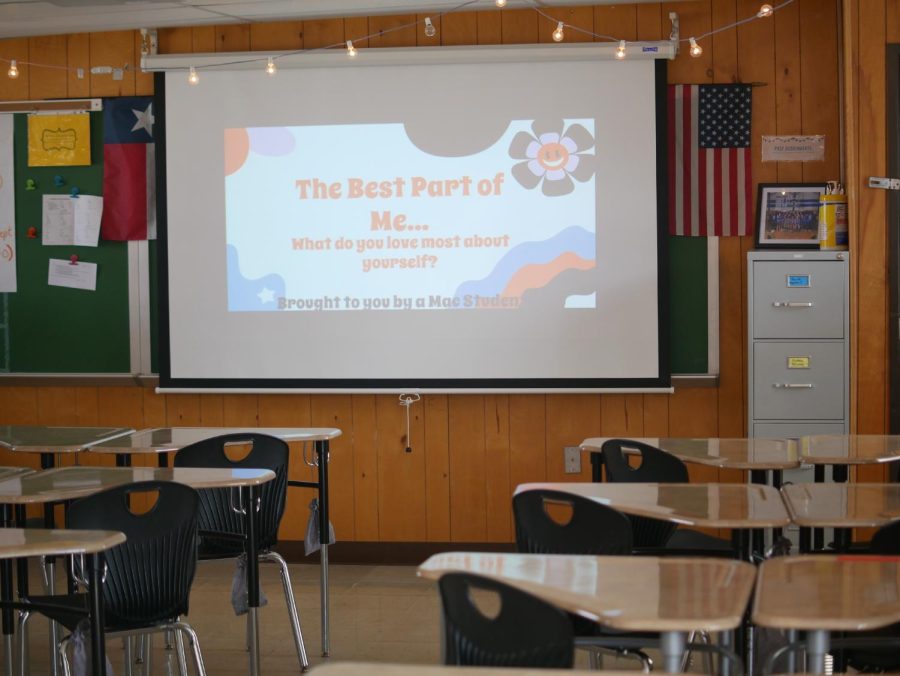
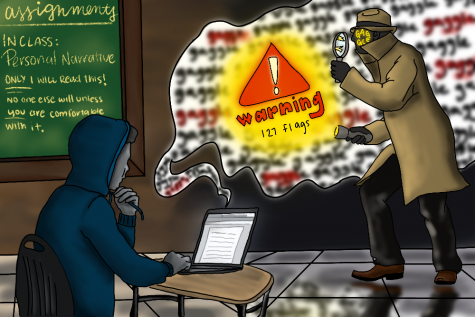
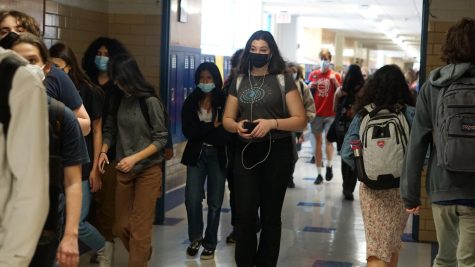
![CROWDSOURCING: Arwen Frederiksen (far left) walks down the hallway before school starts to re-familiarize themselves with the campus. “[The hallways] were definitely busier than I expected,” Frederiksen said. After almost a year and a half of virtual learning, Frederiksen expresses how they are simply happy to be around other people once again. “I haven’t seen a bunch of my just school friends in forever,” Frederiksen said. “It was great.” Reporting by Alysa Spiro.](https://macshieldonline.com/wp-content/uploads/2021/08/03-Alysa-475x316.jpg)
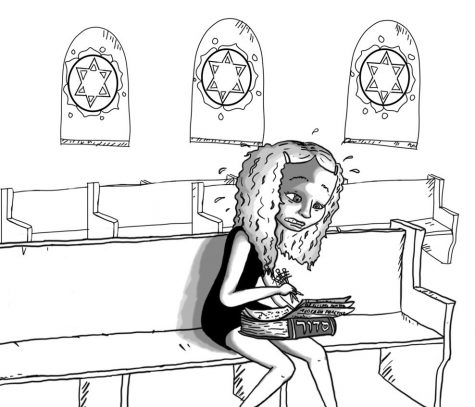
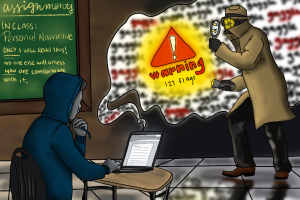
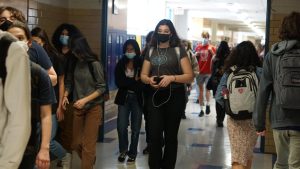
![CROWDSOURCING: Arwen Frederiksen (far left) walks down the hallway before school starts to re-familiarize themselves with the campus. “[The hallways] were definitely busier than I expected,” Frederiksen said. After almost a year and a half of virtual learning, Frederiksen expresses how they are simply happy to be around other people once again. “I haven’t seen a bunch of my just school friends in forever,” Frederiksen said. “It was great.” Reporting by Alysa Spiro.](https://macshieldonline.com/wp-content/uploads/2021/08/03-Alysa-300x199.jpg)

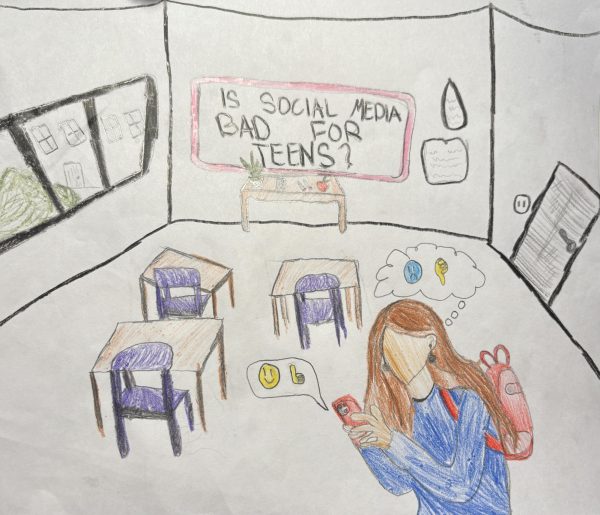



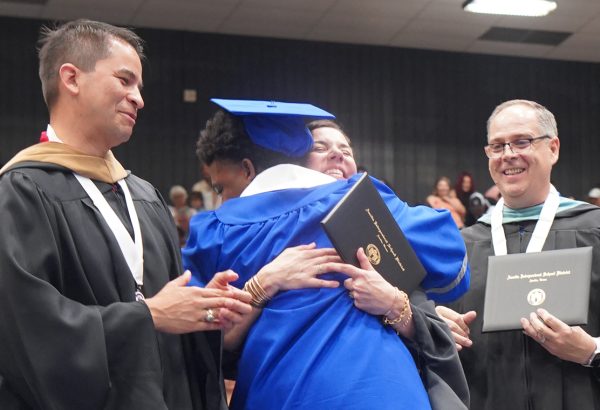
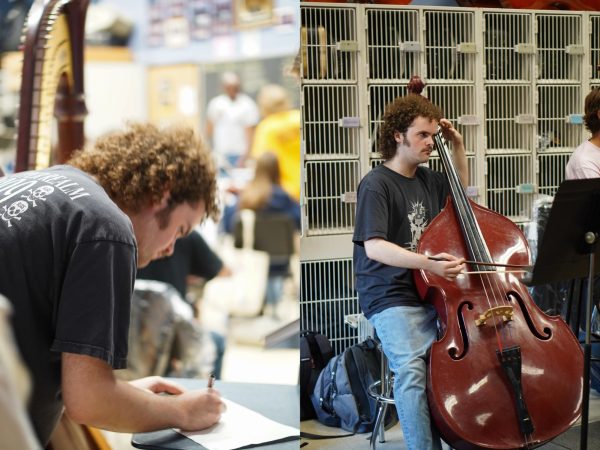

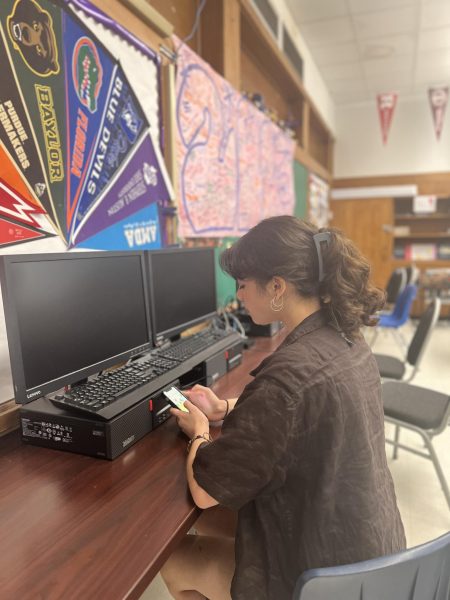
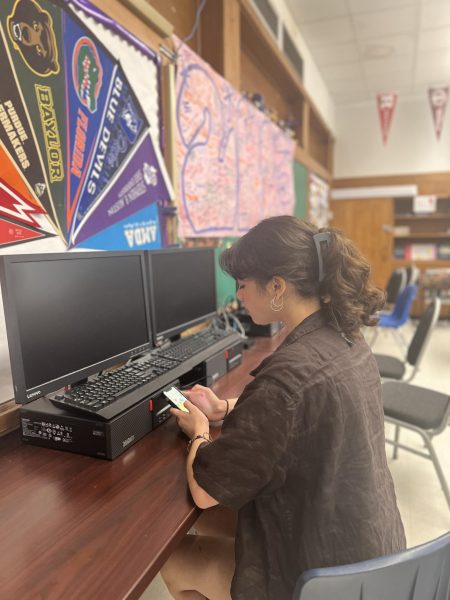
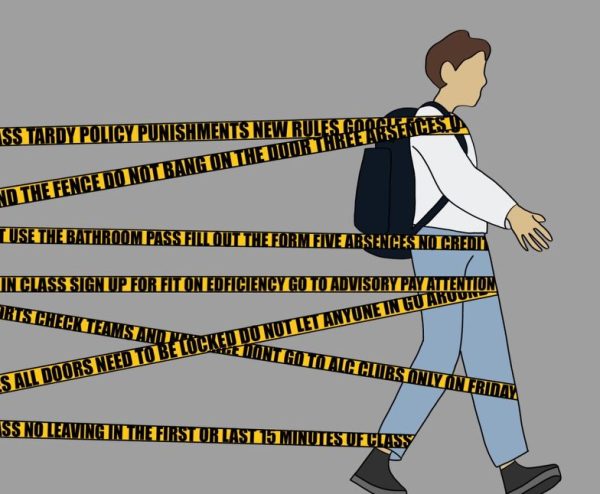

Lemuel Winesett • May 27, 2022 at 10:21 am
I really think this needed to be said, I find advisory kinda condescending and I always have to scramble for our short lunch time. We should definitely use our advisory time differently.
Max Honea • May 27, 2022 at 9:52 am
This is a a really good take and you did a great job explaining the opinion of many mac students.
Chloe Lewcock • May 27, 2022 at 9:42 am
I agree with you, I feel like since the time is very short that i’m unproductive and don’t get anything done, so I think it should be added onto lunch. Since it’s only 23 minutes I feel like it shouldn’t be such a big deal to add to lunch and give students more of a break.
Perrin Coons • May 26, 2022 at 8:43 pm
I agree with this. I think the time we spend doing nothing in advisory should be added onto lunch, and I know a lot of people that agree as well.